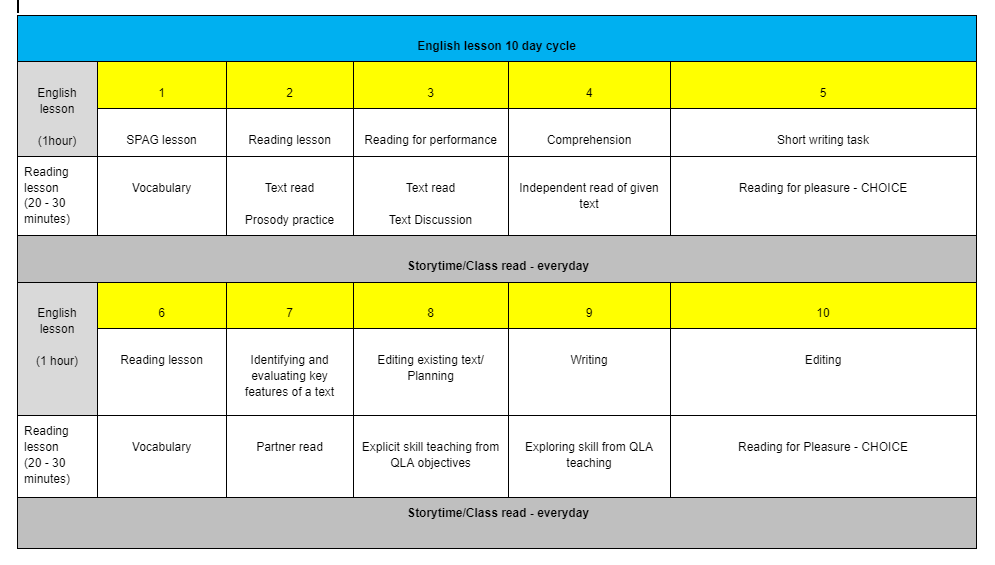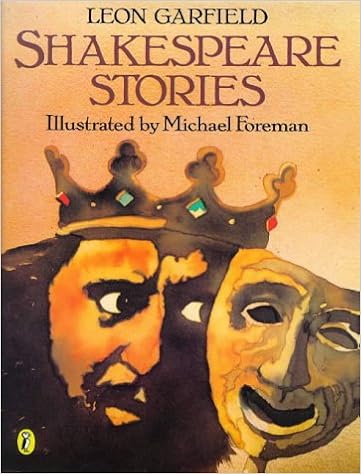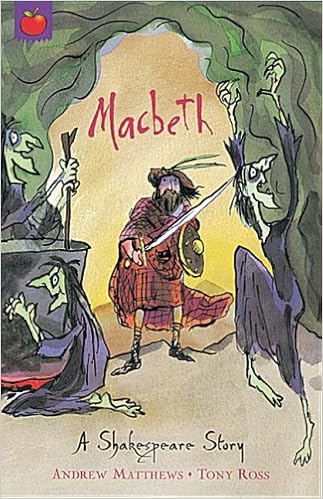Week beginning 28th March 2022
What are we learning this week?
English –
We shall be moving over to a new 10-day cycle approach to the teaching of English in Year 6. The outline is as follows:

In our English lessons, we shall still be using a range of different adaptations to understand the story of Macbeth. In our daily Reading lessons, we shall use supplementary texts. This weeks supplementary texts will be a mixture of Shakespeare’s sonnets and non-fiction texts about: the Tudors, the theatre, newspaper reports about Shakespeare and Shakespeare – himself.



Our English lesson learning objectives this week are:
- To use formal and informal language accurately and appropriately.
- To engage in Book Talk.
- To perform a scene using different interpretations.
- To create a character profile.
- To write an informal letter.
What is our class reading book?
Since we are studying the Shakespeare classic Macbeth, we have decided to read from a collection of Shakespeare short stories, by Andrew Matthews. Each week, the children in Year 6 vote for which two of the Shakespeare short stories that they would like to listen to. Afterwards, we shall be looking to identifying similarities and differences across the collection.
Maths –
- To use fractions, angles, percentages and understanding proportional relationships
- To draw attention to the central angle and the area of the ‘slice’ being important compared to the whole
- To construct pie charts, relate the central angle of each slice back to 360°. For example, an angle of 90° is 1⁄4 of the circle because 90⁄360=1⁄4.
- To know that the size of the circle can be different but still represent the same data.
- To be able to read scales/number lines with labelled intervals
- To draw and interpret Line graphs used to represent continuous data; time, length, etc. and to show conversion rates (e.g. kilometres to miles
Science –
Continuing with our unit, Living Things and their Habitats, we shall be researching the scientist Carl Linnaeus and evaluating his contributions to Science.
RE –
It’s RE week, this week. We shall be learning about the Jewish festival, Passover.
RHE –
This term’s unit is called Healthy Me. Our learning objective this week are:
- To understand that some people can be exploited and made to do things that are against the law.
PE –
- To gain possession through tackling.
- Real PE – dynamic balance to agility.
